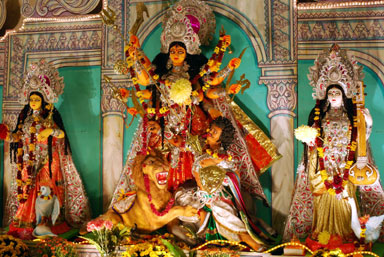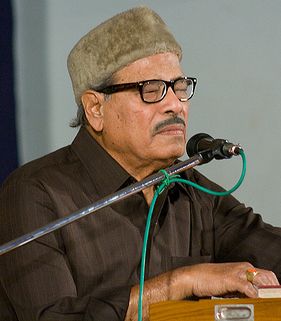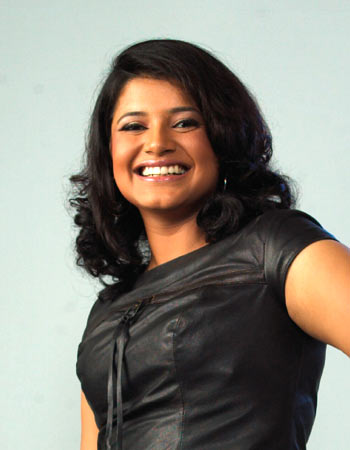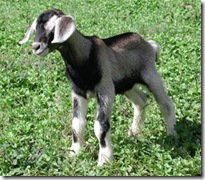 Finally the annual Durga Puja celebrations are over. I was mostly present at the Kallol pujo but also paid (no pun intended) short visits at the Bharat Sevashram Sangha and Anandamandir. Kallol, just like the previous year, had a full house and had to turn away several people. In one of my previous blogs I had requested, rather wished, that Kallol provide a daily ticket for people who would like to come in for a day. However, for whatever reasons, Kallol decided on the contrary and the result was that I had to listen to complaints from several disappointed friends and family. Well, rules are rules – that’s what I said.
Finally the annual Durga Puja celebrations are over. I was mostly present at the Kallol pujo but also paid (no pun intended) short visits at the Bharat Sevashram Sangha and Anandamandir. Kallol, just like the previous year, had a full house and had to turn away several people. In one of my previous blogs I had requested, rather wished, that Kallol provide a daily ticket for people who would like to come in for a day. However, for whatever reasons, Kallol decided on the contrary and the result was that I had to listen to complaints from several disappointed friends and family. Well, rules are rules – that’s what I said.
This year I did something which I never did before. I dropped in on Thursday evening – and it was real fun. There was no pressure of showing the badge, no parking tags, no stress about reserving seats with shawls and jackets and no celebrities on stage to pay attention to. While the volunteers were busy setting up the idol and the kids busy rehearsing on the stage, I had a good time chatting with friends. For once, after a long time, I had the pleasure of pure Pujo adda – completly unadultered fun. I think we should, at least informally, start the festivities from Thursday – just to prolong the enjoyment for few more hours. Continue reading



